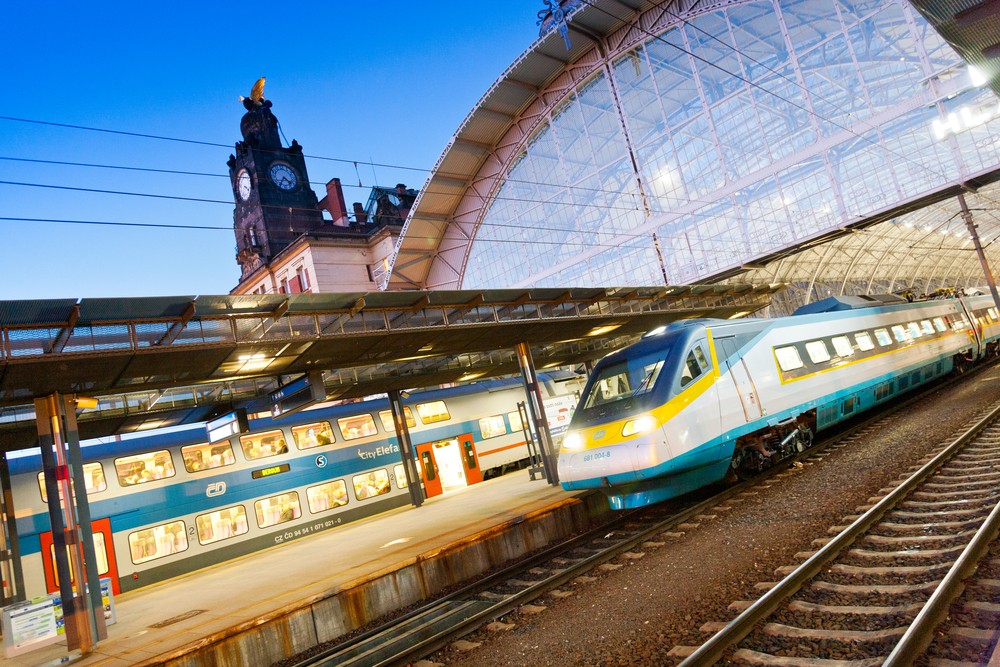At the close of the week, Czech Railways made a notable announcement regarding their exceptional train punctuality in the first half of this year, marking a significant achievement not witnessed in the past seven years. The reported accuracy rate soared to an impressive 88.8 percent, despite numerous operational restrictions on their railway lines. Remarkably, this newfound reliability surpasses that of the renowned German national carrier, Deutsche Bahn, which has recently grappled with persistent delays.
The revelation was unveiled on the Czech Railways’ official website, where they asserted that if only delays attributed directly to ČD were considered, their punctuality would soar to an impressive 98.9 percent.
“This year, we have successfully executed a significantly more precise and dependable railway operation than in previous years. This feat has been accomplished in the face of substantial ongoing construction projects and a multitude of other infrastructure limitations. Our overall timetable performance has exceeded the best results from the past seven years by one to one and a half percentage points. Furthermore, we have improved our performance by over four percentage points compared to last year. When considering train punctuality, focusing solely on delays caused by ČD, we’ve achieved the highest levels in the past seven years. We stand among the leading European countries in terms of train punctuality,” stated Michal Krapinec, Chairman of the Board of Directors and CEO of ČD.
In the first half of the year, ČD successfully dispatched 1,217,296 trains, with an impressive 1,093,002 of them running punctually, defined as having an average delay of up to 5 minutes.
“Of all recorded instances of delay, only 13 percent can be attributed to ČD. The railway operator bears responsibility for 19.4 percent of train delays, while 67.7 percent are caused by external factors. An in-depth examination of the root causes of delays reveals that the most frequent culprit is train sequencing (27 percent), particularly on single-track lines, which are more prevalent in the Czech Republic than abroad and constitute roughly three-quarters of our rail network. The second most common cause of train delays is connection waiting (20.6 percent), as efforts are made to maintain seamless connections for passengers, ensuring they reach their destination stations promptly without waiting for subsequent trains,” the company elaborated. The third leading cause of train delays is related to temporary closures.
Conversely, Deutsche Bahn has grappled with recent challenges in maintaining its organizational reputation. Despite slight improvements in July, their train punctuality significantly lags behind that of the Czech Republic. Only 64.1 percent of trains arrived within a six-minute window, while 81.2 percent arrived within 16 minutes.
“The persistently high volume of construction activities on our network adversely impacted long-distance service punctuality in July,” lamented the German carrier. They attributed this to ongoing construction restrictions at hundreds of locations and the recent adverse weather conditions, which further hampered punctuality.
Source: echo24.cz


















